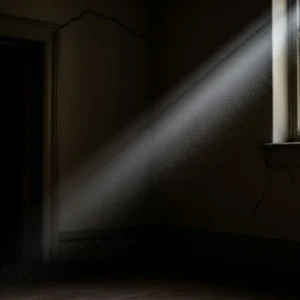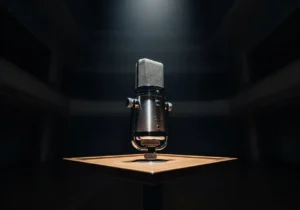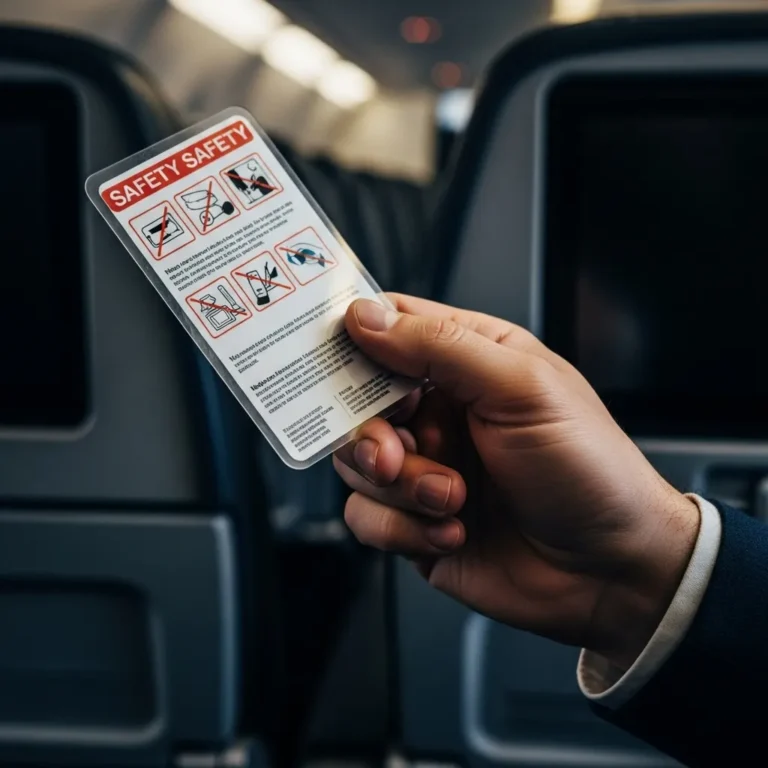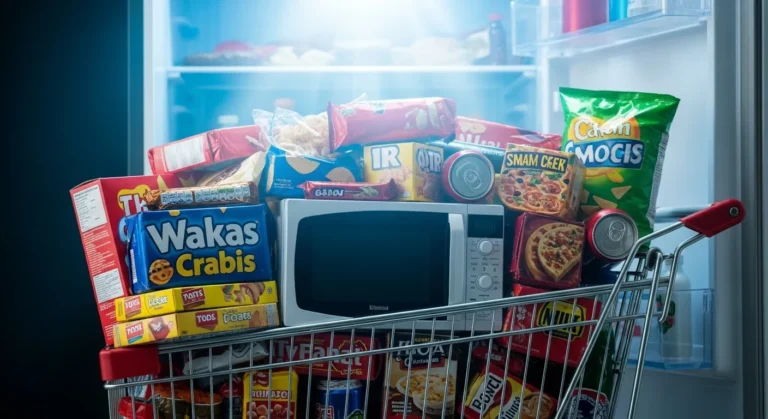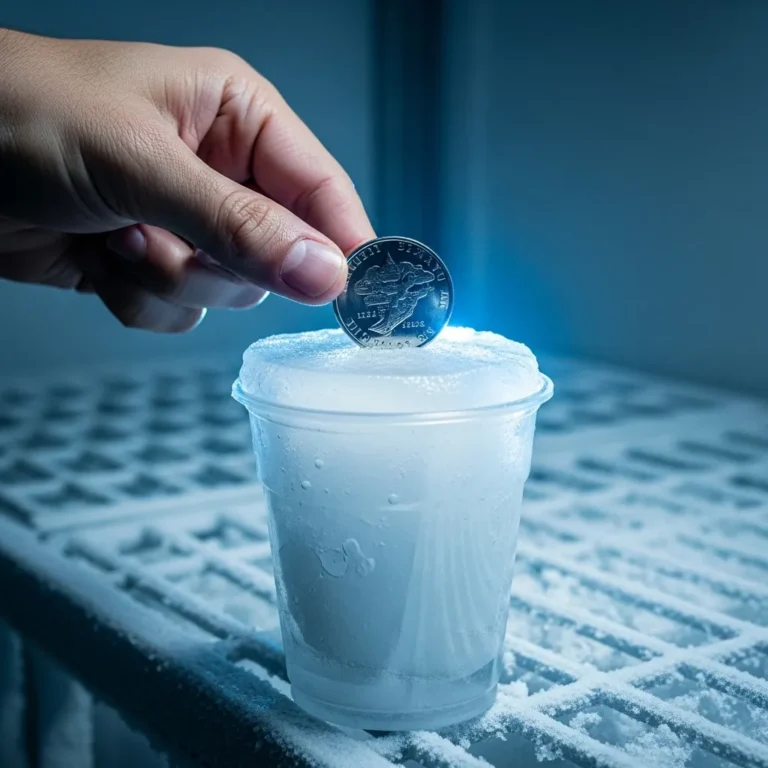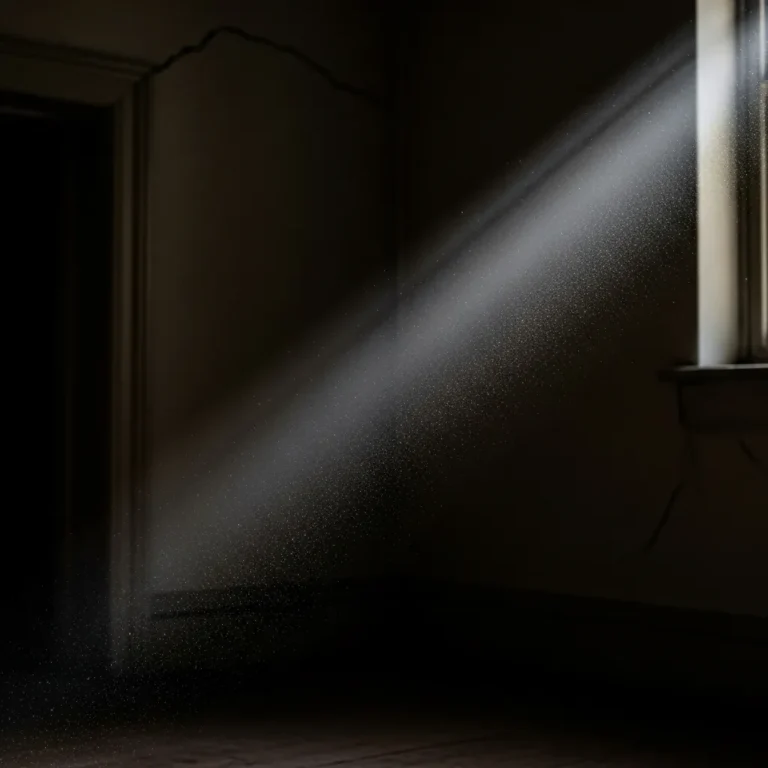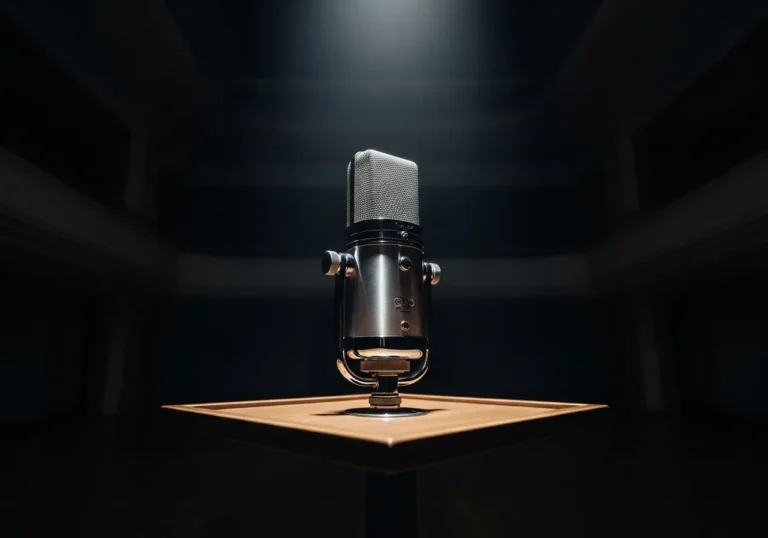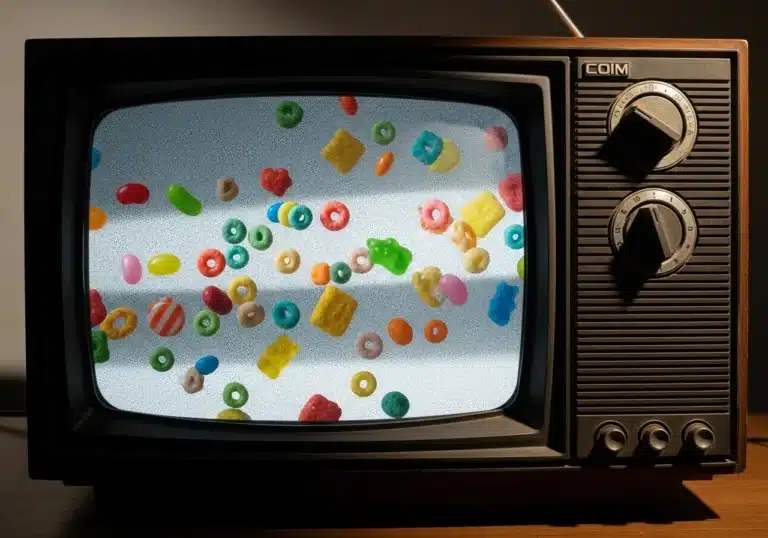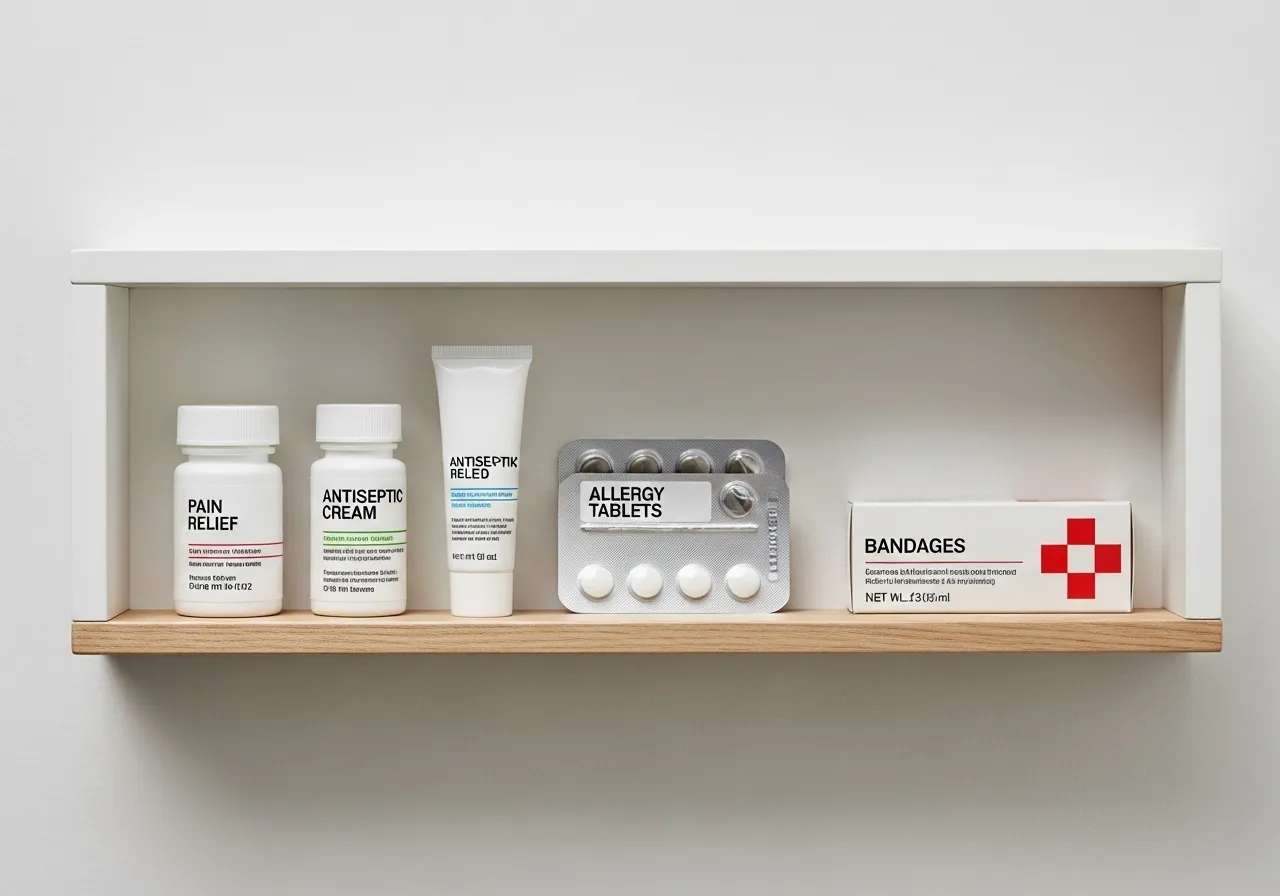
2. Expired Medications and Outdated Prescriptions
This is arguably the most critical category on the list, as it directly impacts your health and safety. The bathroom medicine cabinet and nightstand drawer can easily become archives of past illnesses and outdated treatments. While it may seem harmless to keep old pills, it poses significant risks, especially in senior living where managing multiple medications is common.
First, medications lose their potency over time. An expired antibiotic might not be strong enough to fight an infection, leading to a worse illness. Other drugs can change in chemical composition, becoming ineffective or potentially harmful. Second, a cluttered medicine cabinet increases the risk of accidental mix-ups. Grabbing the wrong bottle in a dimly lit room is a real danger. Storing powerful, leftover painkillers also presents a risk of misuse by others who may have access to your home.
This category also includes more than just pills. Get rid of old prescription eyeglasses. Your vision changes over time, and using an outdated prescription can cause headaches and eye strain. Toss out expired ointments, sunscreens, and liquid medications, which can separate or become a breeding ground for bacteria.
How to Dispose of Medications Safely
Getting rid of them requires care. Do not flush most medications down the toilet. This can contaminate the water supply. Instead, look for a local medication take-back program. Many pharmacies, hospitals, and police departments offer anonymous drop-off boxes. This is the safest and most environmentally friendly method.
If a take-back program isn’t available, the U.S. Food & Drug Administration (FDA) provides guidance for home disposal. Mix the medication (do not crush tablets or capsules) with an unappealing substance like used coffee grounds, dirt, or cat litter. Place the mixture in a sealed container, like a plastic bag, and throw it in your household trash. Before you throw out the prescription bottle, be sure to scratch out all personal information to protect your privacy.
Regularly reviewing your medications with your doctor or pharmacist is a cornerstone of healthy aging. A clean, organized, and up-to-date supply of medications is a non-negotiable part of a safe home environment.


